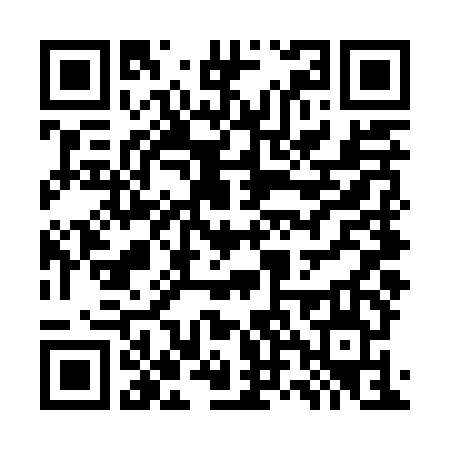①Given the advantages of electronic money, you might think that we would move quickly to the cashless society in which all payments are made electronically. 1 , a true cashless society is probably not around the corner. Indeed, predictions have been 2 for two decades but have not yet come to fruition. For example,Business Week predicted in 1975 that electronic means of payment would soon “revolutionize the very 3 of money itself,” only to 4 itself several years later. Why has the movement to a cashless society been so 5 in coming?
②Although electronic means of payment may be more efficient than a payments system based on paper, several factors work 6 the disappearance of the paper system. First, it is very 7 to set up the computer, card reader, and telecommunications networks necessary to make electronic money the 8 form of payment. Second, paper checks have the advantage that they 9 receipts, something that many consumers are unwilling to 10 . Third, the use of paper checks gives consumers several days of “float” – it takes several days 11 a check is cashed and funds are 12 from the issuer’s account, which means that the writer of the check can cam interest on the funds in the meantime. 13 electronic payments are immediate, they eliminate the float for the consumers.
③Fourth, electronic means of payment may 14 security and privacy concerns. We often hear media reports that an unauthorized hacker has been able to access a computer database and to alter information 15 there. The fact that this is not an 16 occurrence means that dishonest persons might be able to access bank accounts in electronic payments systems and 17 from someone else’s accounts. The 18 of this type of fraud is no easy task, and a new field of computer science is developing to 19 security issues. A further concern is that the use of electronic means of payment leaves an electronic 20 that contains a large amount of personal data. There are concerns that government, employers, and marketers might be able to access these data, thereby violating our privacy.
Questions 1/7
14.Fourth, electronic means of payment may 14 security and privacy concerns.
- Ahide
- Bexpress
- Craise
- Dease
Questions 2/7
15.We often hear media reports that an unauthorized hacker has been able to access a computer database and to alter information 15 there.
- Aanalyzed
- Bshared
- Cstored
- Ddisplayed
Questions 3/7
16.The fact that this is not an 16 occurrence means that dishonest persons might be able to access bank accounts in electronic payments systems and 17 from someone else’s accounts.
- Aunsafe
- Bunnatural
- Cuncommon
- Dunclear
Questions 4/7
17.The fact that this is not an 16 occurrence means that dishonest persons might be able to access bank accounts in electronic payments systems and 17 from someone else’s accounts.
- Asteal
- Bchoose
- Cbenefit
- Dreturn
Questions 5/7
18.The 18 of this type of fraud is no easy task, and a new field of computer science is developing to 19 security issues.
- Aconsideration
- Bprevention
- Cmanipulation
- Djustification
Questions 6/7
19.The 18 of this type of fraud is no easy task, and a new field of computer science is developing to 19 security issues.
- Acope with
- Bfight against
- Cadapt to
- Dcall for
Questions 7/7
20.A further concern is that the use of electronic means of payment leaves an electronic 20 that contains a large amount of personal data.
- Achunk
- Bchip
- Cpath
- Dtrail
